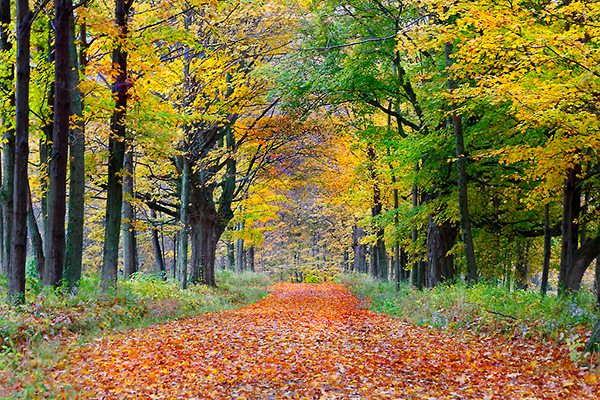Analysis Cites Threats to New England Forests from New Endangered Species Act Rules

By Jenn Stanley-Commonwealth News Service
BOSTON – A new analysis by Defenders of Wildlife shows that New England could be hard hit if the Trump administration’s new Endangered Species Act regulations go into effect. The environmental group joined six others this week in suing the administration over the proposed rules.
Amy Delach is a senior policy analyst and climate change expert at Defenders of Wildlife. She says the new regulations could have a devastating effect in New England, which is one of the fastest warming regions in the contiguous United States.
“How cold it gets in the winter is the key factor for a lot of tree and plant species, where they can live,” says Delach. “You could definitely be seeing some of those cold-loving species like sugar maple, spruce, and fir, those iconic species of New England, being the first to be pushed out by less cold tolerant species.”
The Endangered Species Act has been largely credited with boosting Massachusetts’ piping plover and peregrine falcon populations. Delach says states can still enact protections where the federal government won’t.
The Trump administration says these regulations will modernize the Endangered Species Act, but critics say its part of a larger push to discredit and ignore climate science.
Under the new rules, economic factors would be considered when making decisions about species protections, but climate change could not. Delach says those rules are particularly troubling because climate change already is impacting ecosystems faster than species can adapt.
“We know with certainty that we are in the midst of an extinction crisis,” says Delach. “We know with certainty that we are midst of climate crisis. And the current administration is not only failing to meet these crises head on and improve them, they’re actually pursuing policies that are going to make both of them worse.”
Joining Defenders of Wildlife in the lawsuit, which was filed by Earthjustice, are the Center for Biological Diversity, Sierra Club, Natural Resources Defense Council, National Parks Conservation Association, WildEarth Guardians and the Humane Society of the United States.
